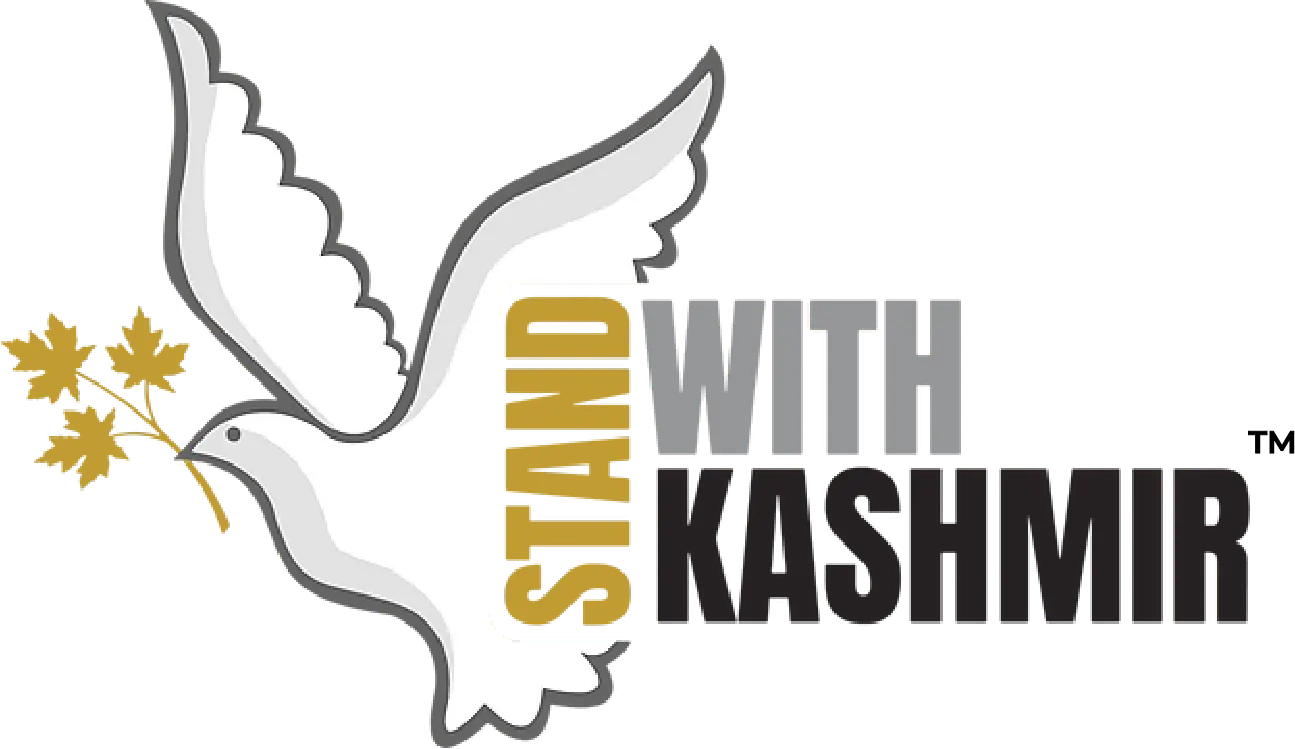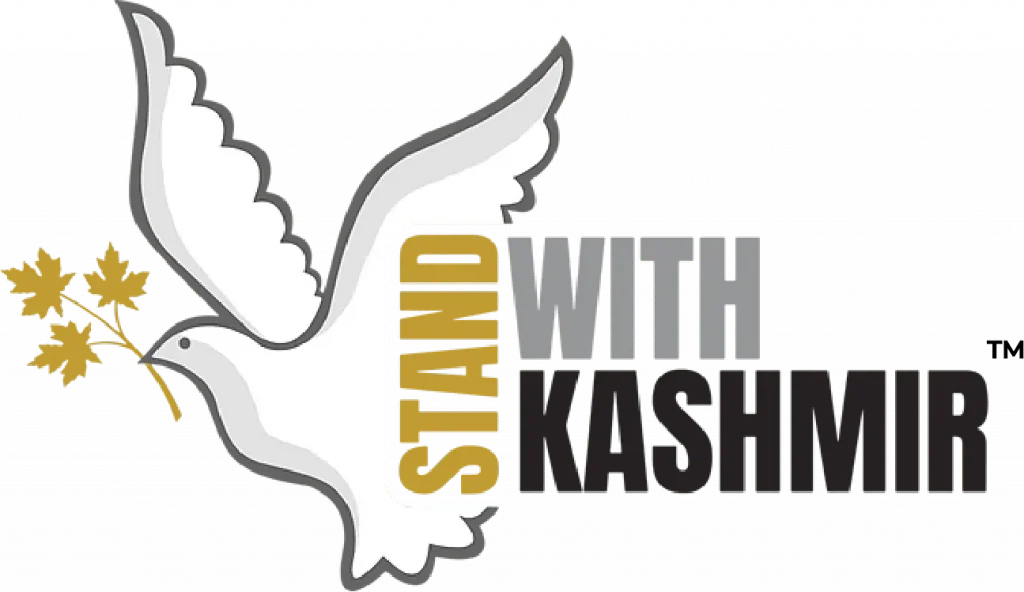In this report, we document and highlight the recent strategies employed by the Indian government to advance its settler-colonial project in Indian-occupied Kashmir. While an all-out armed war against Kashmiris remains in force on the ground, India has been opening other fronts of this war at a rapid and aggressive pace.
Militarization, Surveillance, and Silencing: The 75th Year of Indian Occupation in Kashmir
The report has broadly been divided into five sections. Each section of the report documents a different strategy the Indian government uses to ensure the success of its settler-colonial project in Kashmir. Since the abrogation of Kashmir’s special status in 2019, the Indian government has taken a more brutal approach to quashing the resistance of the Kashmiri people against its illegitimate rule, while also advancing a program of demographic change and resource extraction.
Section I details
The widespread crackdown on Kashmiri lives including:
- ‘Anti-encroachment drive’ to grab land and evict Kashmiris from their homes,
- Incarceration of human rights defenders and pro-freedom leadership,
- Harassment, illegal imprisonment, and criminal intimidation of journalists, no-fly lists,
- Firing, intimidation, and arrests of academics,
- Stifling the religious freedom of Kashmiri Muslims and,
- Profiling and attacks on Kashmiris who study or work in India.
Section II details
India's increased global network built to help facilitate Kashmir's occupation including:
- Israel’s increased support to India in funding, arms trade, and surveillance including facial recognition technology and security drones to help terrorize Kashmiri civilians,
- Investments from United Arab Emirates to develop settler-colonial infrastructure on ground while promoting India’s narrative of “progress” in Kashmir and,
- Social media tactics such as shadow banning, geo-blocking, and suspending pro-freedom accounts, and forcing companies within India and Indian-occupied Kashmir to share user information with the Indian government in order to detain them.
Section III details
Examines the Indian government's 'normalization' policies including:
- The use of Indian travel influencers to promote tourism using signs saying ‘Kashmir is Safe’ or ‘Kashmir is Normal’,
- Organizing Indian-state sponsored music, art, literature and cultural festivals in collaboration with local artists, whose participation is exploited to show acceptance of India by Kashmiris and,
- ‘Militarized Humanitarianism’ in the form of army-sponsored sports and charity events.
Section IV details
Explains the economic and ecological ramifications post-2019 including:
- The Indian government’s strategy of limiting Kashmiri trade to Indian markets, incentivizing decrease in local rice cultivation, choking Kashmir’s fruit industry by stranding fruit exports or importing competition,
- During the world’s longest communication blockade in Kashmir by India, the government auctioned mineral extraction contracts online, a vast majority of which were grabbed by Indian businesses
- Rising deforestation caused by India’s “development” as thousands of trees were cut to make roads for the transit of Indian army vehicles and more settler infrastructure and,
- The near-extinction of the indigenous Kashmiri deer Hangul which shrunk dramatically due to rampant poaching done by outsiders to the region.
Section V details
Documents the aggressive approach taken by India to put technology in service of its occupation in Kashmir such as:
- Use of high-security drones for surveillance and the deployment of Israeli-style ‘Facial Recognition Technology’,
- ‘Twitter Ops’ used by India to cultivate an online discourse of ‘India-loving Kashmiris’ (this has been debunked by the Stanford Internet Observatory)
Here Is How You Can Help!
1. Share this report within your networks
2. Host an event (online or in-person) to discuss the report. Get in touch with us to help you organize this!
We welcome the organization of events (including talks, teach-ins, panels, book discussions, film/documentary screenings, and solidarity events) around the report, to ensure that a conversation around Kashmir continues around the world as India strives to stifle all discussion of Kashmir both within Kashmir and outside. You can contact us at info@standwithkashmir.org for any logistical support we may be able to provide in terms of experts who can present and explain the report better, or other resources that would assist with the planning of events.
3. Cover this report if you’re a journalist or a creative.
Feel free to contact our Media Team at media@standwithkashmir.org for more information!
©2025 StandWithKashmir All rights reserved. SWK is a 501(c)(3) non-for-profit organization.

